The report from the Commission on Race and Ethnic Disparities attempts a response to the questions raised both by the Black Lives Matter movement and by the disproportionate impact of Covid-19 on Black and Asian communities in the UK.
The protests of last summer prompted by the murder of George Floyd marked a turning point in the conversation about racial injustice and inequality. There was a collective recognition that more needed to be done to address racial and ethnic disparities, and a sense that change was possible. An important conversation opened up across all sectors about the deep and lasting harms caused by racism, and about structural inequalities in the UK.
Since the report was launched, it has attracted widespread criticism and condemnation. And it is at times both a confusing and confused read. It asserts that Britain has made huge progress in tackling racism and discrimination and that the authors can find no evidence of institutional racism. Yet the findings expose institutional disparities in outcomes in health, policing and crime and employment for people from ethnic minority backgrounds. The authors acknowledge that racism and prejudice still exist and need to be tackled but avoid identifying embedded and entrenched racism as a reason behind ethnic minority groups experiencing some of the worst outcomes. Instead, they identify family, culture, geography and class as being more influential. The authors point in particular to education where the outcomes for white working-class boys are worse than for any other ethnicity, and highlight the role of class and geography in impacting the life chances of many white communities, particularly those in coastal towns and ex-mining and post-industrial areas.
It is possible however for two or more things to be true at the same time. Britain is not as racist as it used to be and has made good progress in some areas, yet entrenched racism still adversely affects the life chances of ethnic minorities. Racism does not explain all disparities in outcomes, but that doesn’t lessen its impact on those groups who experience it the most. There is no doubt that socio-economic inequality plays a huge part in explaining poorer outcomes for some white communities, and when class and geography intersect with race already poor outcomes are worsened for some ethnic minorities. The twin harms caused by structural racism and inequalities need to be urgently addressed.
The report’s aim is to find solutions. Some of its recommendations are helpful and if implemented could advance progress on addressing race-based discrimination and disadvantage. It rightly criticises the term ‘BAME’ as it merges together vastly different outcomes and experiences between and within different groups. It also highlights the need to rebuild trust particularly with people from ethnic minorities who have a distrust of government and institutions for understandable reasons (the Windrush scandal being a recent example).
Belong’s Beyond Us and Them research project has highlighted the importance of trust in building stronger more resilient local places. Local areas that invest in social cohesion can experience higher levels of local trust than elsewhere. Trust is essential for democracy to function well and is a key component of people’s sense of belonging and pride in a place.
The areas involved in our research face complex challenges in improving outcomes for local people (a diverse mix of white and ethnic minority communities including high levels of multiple deprivation). Their place based approach is framed in a sense of ‘all of us together’ where ‘all of us’ has no meaning if ‘some of us’ are discriminated against, excluded or left behind. Within this overarching framing these areas have been proactive in addressing the impact of inequalities and structural racism on specific groups and communities. By implementing targeted strategies they are overcoming barriers to inclusion in education, employment and social and civic life. Approaches include valuing diverse local groups and communities and their unique contributions, encouraging representative leadership at all levels, listening carefully to all voices, and encouraging social mixing between different groups and communities. This means that when difficult conversations need to be had there is a reservoir of trust to draw on and a basis for consensus and a shared vision. There is much that can be learnt from this approach.
We need to find common ground now in order to move forward. The next generation is right to be impatient for greater progress. Knowing how far we have come on race is no compensation for young people from ethnic minorities trying to make their way in today’s Britain. We need a positive programme of change that addresses deep-rooted inequalities including structural racism and that strengthens trust and social cohesion, helping to build a fairer, kinder Britain for all.
Belong CEO and Trustees
